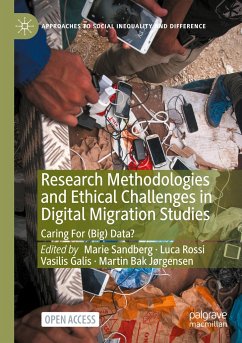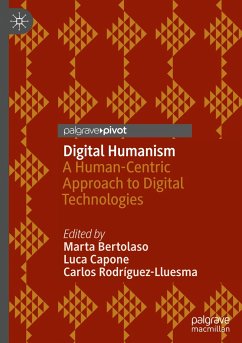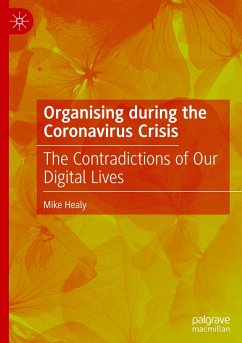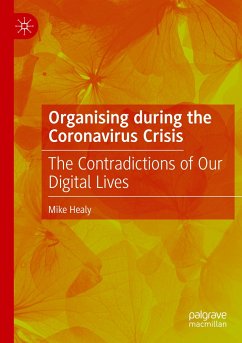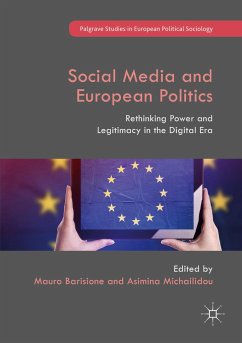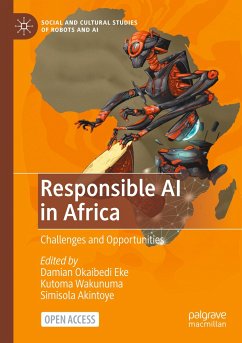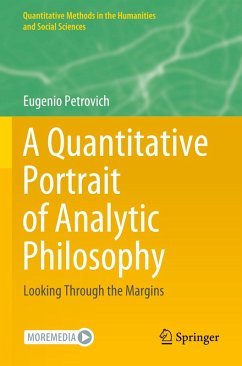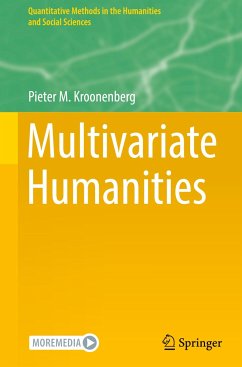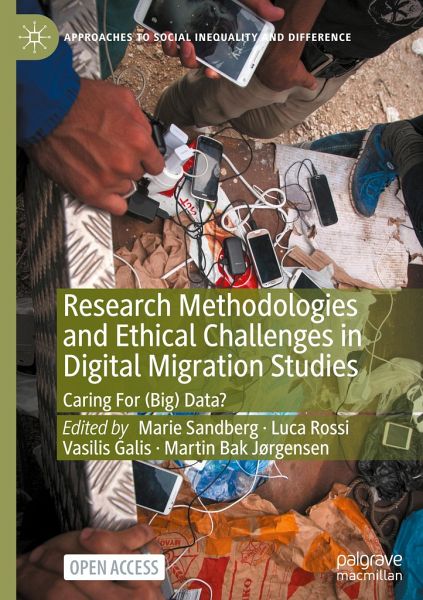
Research Methodologies and Ethical Challenges in Digital Migration Studies
Caring For (Big) Data?
Herausgegeben: Sandberg, Marie; Rossi, Luca; Galis, Vasilis; Bak Jørgensen, Martin
Versandkostenfrei!
Versandfertig in 6-10 Tagen
38,99 €
inkl. MwSt.

PAYBACK Punkte
19 °P sammeln!
This Open Access book investigates the methodological and ethical dilemmas involved when working with digital technologies and large-scale datasets in relation to ethnographic studies of digital migration practices and trajectories. Digital technologies reshape not only every phase of the migration process itself (by providing new ways to access, to share and preserve relevant information) but also the activities of other actors, from solidarity networks to border control agencies. In doing so, digital technologies create a whole new set of ethical and methodological challenges for migration s...
This Open Access book investigates the methodological and ethical dilemmas involved when working with digital technologies and large-scale datasets in relation to ethnographic studies of digital migration practices and trajectories. Digital technologies reshape not only every phase of the migration process itself (by providing new ways to access, to share and preserve relevant information) but also the activities of other actors, from solidarity networks to border control agencies. In doing so, digital technologies create a whole new set of ethical and methodological challenges for migration studies: from data access to data interpretation, privacy protection, and research ethics more generally.
Of specific concern are the aspects of digital migration researchers accessing digital platforms used by migrants, who are subject to precarious and insecure life circumstances, lack recognised papers and are in danger of being rejected and deported. Thus, the authors call for new modes of caring for (big) data when researching migrants' digital practices in the configuration of migration and borders. Besides taking proper care of research participants' privacy, autonomy, and security, this also spans carefully establishing analytically sustainable environments for the respective data sets. In doing so, the book argues that it is essential to carefully reflect on researchers' own positioning as being part of the challenge they seek to address.
Of specific concern are the aspects of digital migration researchers accessing digital platforms used by migrants, who are subject to precarious and insecure life circumstances, lack recognised papers and are in danger of being rejected and deported. Thus, the authors call for new modes of caring for (big) data when researching migrants' digital practices in the configuration of migration and borders. Besides taking proper care of research participants' privacy, autonomy, and security, this also spans carefully establishing analytically sustainable environments for the respective data sets. In doing so, the book argues that it is essential to carefully reflect on researchers' own positioning as being part of the challenge they seek to address.



